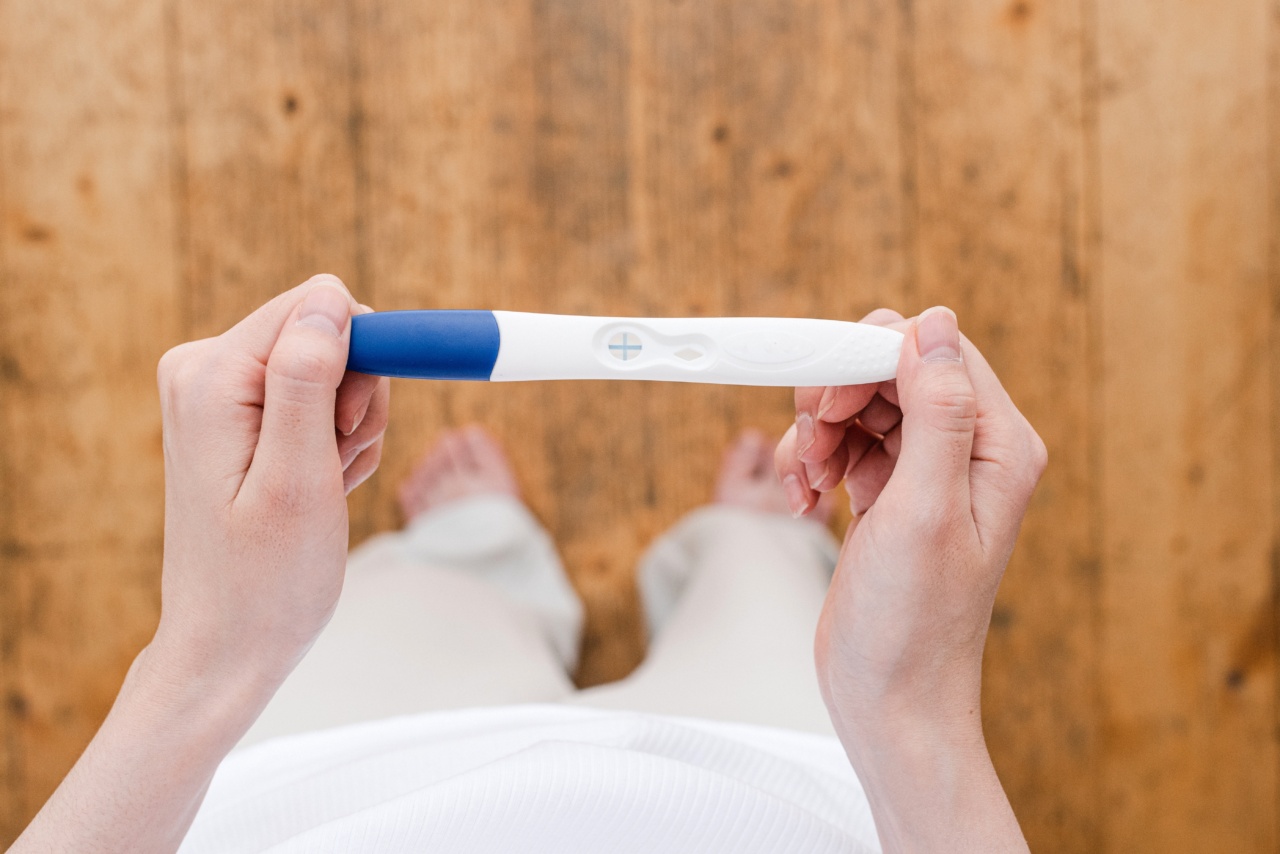When it comes to family planning, understanding the correlation between pregnancy and fertility is essential. Age plays a significant role in a woman’s fertility, impacting her chances of conceiving.
In this article, we will delve into the effects of age on pregnancy and fertility, exploring the various factors that affect a woman’s ability to become pregnant at different stages of her life.
The Reproductive Lifespan
Every woman is born with a finite number of eggs, which are released from the ovaries during the menstrual cycle. As a woman ages, the number and quality of her eggs naturally decline, affecting her fertility.
While fertility begins to decline in the early 30s, the decline becomes more pronounced after the age of 35.
Conception in the 20s
In a woman’s 20s, fertility is typically at its peak. The chances of conceiving during this decade are generally high, with healthy eggs and a more favorable reproductive environment.
However, it’s important to note that fertility can still vary among individuals even within the same age group.
During this stage, the chances of a successful pregnancy per menstrual cycle are approximately 20-25%. The risk of miscarriage is relatively low, with only a 10-15% chance for women in their early 20s.
The 30s: Declining Fertility
As a woman progresses into her 30s, her fertility gradually declines. The decline becomes more significant after the age of 35. While it is still possible to conceive in this age range, the chances decrease with each passing year.
By the age of 35, a woman’s fertility begins to decline more rapidly due to diminished egg quality and quantity. The chances of conceiving per menstrual cycle drop to around 15-20%, and the risk of miscarriage increases to approximately 20%.
Furthermore, the likelihood of chromosomal abnormalities such as Down syndrome also rises.
Conception in the 40s
Conception becomes increasingly challenging in a woman’s 40s. At this stage, the decline in both egg quality and quantity accelerates significantly.
Many women also experience irregular periods, making it harder to predict ovulation and fertile days.
The chances of getting pregnant per menstrual cycle decrease to approximately 5% or less. The risk of miscarriage rises to around 40%. The likelihood of chromosomal abnormalities, including Down syndrome, increases even further.
Factors Affecting Fertility
Aside from age, several other factors can impact a woman’s fertility:.
Lifestyle Factors
Lifestyle choices, such as smoking, excessive alcohol consumption, drug use, and a poor diet, can negatively affect fertility.
Maintaining a healthy lifestyle, including regular exercise and a well-balanced diet, can improve both fertility and overall reproductive health.
Medical Conditions
Certain medical conditions, such as polycystic ovary syndrome (PCOS), endometriosis, and thyroid disorders, can interfere with a woman’s fertility. It is essential to address and manage these conditions to optimize the chances of conception.
Weight
Both being underweight and overweight can impact fertility. Women with a body mass index (BMI) below 18.5 or above 24 may experience menstrual irregularities, hormonal imbalances, and reduced fertility.
Maintaining a healthy weight can positively influence fertility outcomes.
Stress
High levels of stress can affect hormone production and disrupt the menstrual cycle, making it more challenging to conceive.
Managing stress through relaxation techniques, counseling, or other stress-reducing activities can significantly improve fertility chances.
Irregular Periods and Ovulation
Women with irregular periods or irregular ovulation may face difficulties in determining their most fertile days.
Tracking ovulation through methods like basal body temperature charting or ovulation predictor kits can help identify the optimal time for conception.
Assisted Reproductive Technologies
In cases of infertility, assisted reproductive technologies (ART) such as in vitro fertilization (IVF), intrauterine insemination (IUI), or egg freezing can provide viable options for women to conceive, regardless of age.
These technologies have revolutionized fertility treatment and offer hope to couples struggling to conceive naturally.
Conclusion
Age undeniably affects a woman’s ability to conceive and have a healthy pregnancy.
While it is entirely possible to get pregnant at any age, understanding the correlation between age and fertility can help individuals make informed decisions about family planning. Consulting with a healthcare professional or fertility specialist is crucial for women who are trying to conceive, especially during their late 30s and beyond.





























